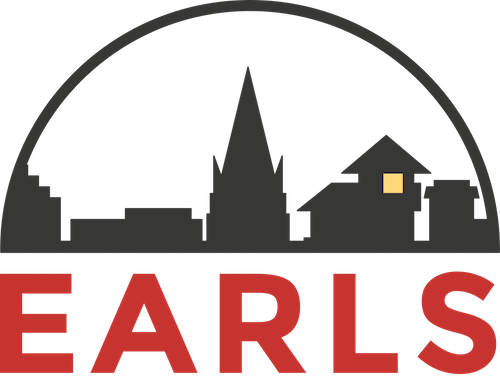TREATING RLS
Non-Pharmaceutical Therapy
There are now a number of proven and effective therapies for the treatment of RLS symptoms. However, the first issue for a doctor to decide is whether or not drug therapy is necessary. Non-drug treatment should first be considered in all but the most severe of cases. These include:
- Regular exercise
- Improvement of sleep hygiene
- Avoidance of alcohol, caffeine and tobacco
The potential impact of other drugs should also be taken into account. Many antidepressants, antihistamines, most antinausea agents and most antipsychotics have the potential to cause or increase RLS symptoms and should be avoided if possible.
Pharmaceutical Therapy
Dopamine agonists are now the treatment of first choice for primary or idiopathic RLS. Pramipexole, Ropinirole and Rotigotine have all been shown to be safe and effective in treatment of RLS and are also approved by EMEA (the European Medicines Agency). Studies have shown that these drugs are well tolerated. Augmentation and rebound may occur and tend to increase with increased dosage of dopamine agonists. As there is no dopamine deficiency, but possibly an extra neuronal hyper dopaminergic state, in RLS patients it is vital to start, and to continue, with a very low dose of dopaminergics - dopamine agonists and L-Dopa. Too high doses can quickly give side effects.
If dopamine agonists are poorly tolerated or ineffective, antiepileptics (Gabapentin and Pregabalin) or opioids (Oxycodone, Tilidin and Tramadol) may be considered.
Treatment of secondary or symptomatic RLS involves treating the underlying problem in the first instance. Iron deficiency is important for these RLS sufferers. Please contact your national RLS patient organization for further educational materials.

